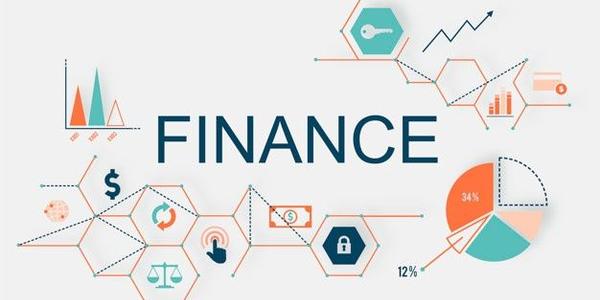As the dust settles on the United States election, investors are being warned that Bitcoin (BTC) is no longer a peripheral asset. The New York Digital Investment Group (NYDIG) has issued a stark warning to those who have yet to allocate to the cryptocurrency, stating that not owning it will become a liability in the future.
The Rise of Bitcoin
Bitcoin’s price has been on an upward trajectory this year, with an impressive 84% gain. The asset reached new highs of nearly $82,000, boosted by Donald Trump’s presidential win and the Republicans’ electoral victories. As the cryptocurrency market continues to grow, it is becoming increasingly difficult for investors to ignore its potential.
A New Era for Regulation
The outcome of the election has significant implications for the crypto industry. With the Republicans forming a majority in the Senate and appearing on track to keep control of the House, the regulatory landscape may undergo a significant shift. NYDIG’s global head of research, Greg Cipolaro, believes that this change will have far-reaching consequences for the sector.
A Place at the Table
Cipolaro notes that the crypto space now sees itself as having a "place at the table" at the highest levels of government. This newfound recognition may lead to increased acceptance and integration into the mainstream financial system. As Cipolaro puts it, "2025 will likely see new heads of nearly every major agency and department with finally real potential for pro-crypto legislation and regulation."
The Impact on Regulation
One of the most significant implications of this shift is the potential for more favorable regulatory policies. Trump’s team has promised to fire Securities and Exchange Commission (SEC) Chair Gary Gensler "on day one," which may lead to a change in the SEC’s approach to regulating the crypto industry.
Cipolaro speculates that a post-election leadership change could usher in a more accommodating regulatory philosophy, leading to the SEC seeking settlements with companies or dropping certain lawsuits. This could have far-reaching consequences for the sector, as companies would be able to operate within a clarified regulatory framework.
The Future of Regulation
As new department heads are appointed, there may be a shift toward a more pro-crypto stance for major agencies such as the Federal Deposit Insurance Corporation (FDIC), the Office of the Comptroller of the Currency (OCC), and the Treasury. Cipolaro notes that these regulators may adopt a more favorable stance toward banks working with crypto, potentially supporting banks in providing custody services for digital assets, including stablecoins.
The Role of the SEC
Cipolaro’s analysis also highlights the potential impact on the SEC. With a new leadership team, there may be an opportunity for the agency to reevaluate its approach to regulating the sector. Cipolaro notes that the SEC may abandon any potential enforcement action signaled through Wells notices to companies such as Robinhood, Crypto.com, Consensys, Uniswap, and Immutable.
A New Era for Investors
As the regulatory landscape undergoes a significant shift, investors are being warned that not owning Bitcoin will become a liability in the future. Cipolaro’s message is clear: "There are no excuses now" for not allocating to the cryptocurrency. With the potential for increased acceptance and regulation, investors who have yet to join the crypto space may be missing out on significant opportunities.
Conclusion
The outcome of the United States election has significant implications for the crypto industry. With a new leadership team in place and a shift toward a more pro-crypto stance, investors are being warned that not owning Bitcoin will become a liability in the future. As Cipolaro notes, "2025 will likely see new heads of nearly every major agency and department with finally real potential for pro-crypto legislation and regulation."



